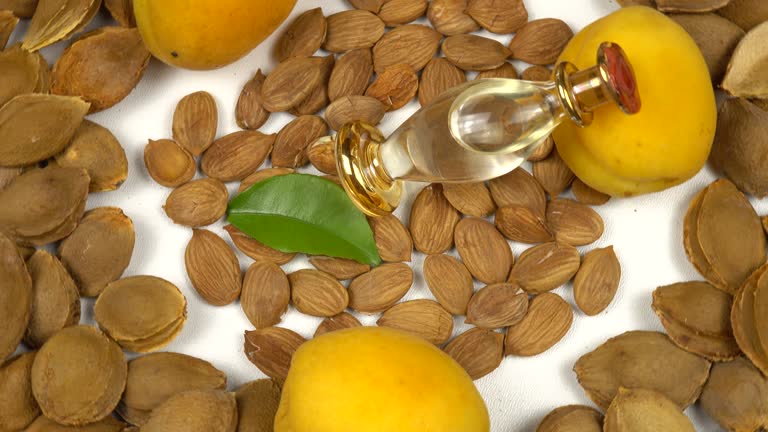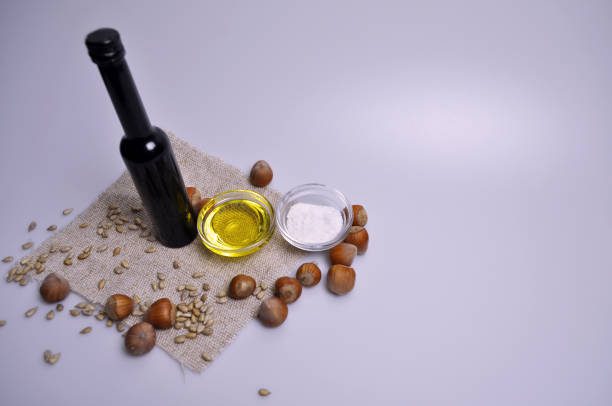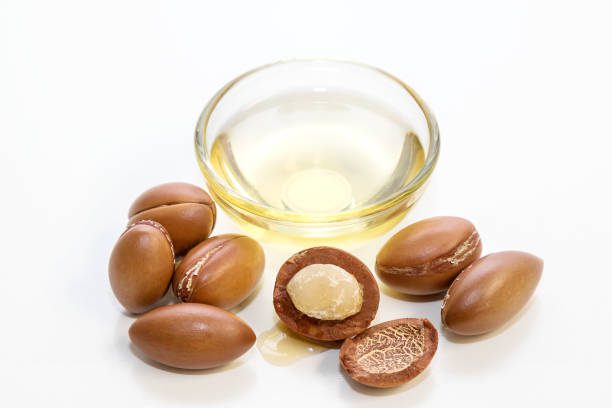Argan oil certification and quality standards
Argan oil has been on the market for some time, though its popularity has only increased in the last few years due to the many benefits as a cosmetic need and in cooking. At the same time as demand for this “liquid gold” climbs, so does the value and relevance of Argan oil certification and quality standards. What is argan oil? In this article, you will find out more about the authenticity and purity processes that Argan oil undergoes.
The Origins of Argan Oil
Let it not go unnoticed that before we ramp up into Argan oil certification and quality standards, some of the finest olive oil in the world—prized for its health benefits and heavenly taste—is produced here. Morocco is home to the argan tree, and many communities in the south-western region have been using the tree for multiple generations. The entire process of extraction is carried out from the kernels of the fruit, though it has been a preserve of the Berber women.
Why is Argan Oil Certification Important?
Given the fact that more demand for argan oil is being experienced around the world, the question of certification and quality standards arises. These measures serve multiple purposes:
- Ensuring authenticity
- Adhering to a standard
- Preservation of traditional methods of production
- Supporting local communities
- For lasting yields, there is an emphasis in the area of sustainable usage and harvesting.

Certifying organizations of Argan Oil
There are many organizations that perform significant tasks in creating and strengthening Argan oil certification and quality standards. Some of the most prominent include:
- ECOCERT: One of the most important organizations for issuing certificates of organic and natural production
- USDA Organic: The current study focuses on the organic certification program of the United States Department of Agriculture.
- Morocco’s Ministry of Agriculture: As I have mentioned earlier, it is responsible for overseeing local production standards.
The Certification Process
As mentioned earlier, it takes some steps to get the Argan oil certification because this product passes through several tests that analyze different aspects of production. Let’s break down the key steps:
Sourcing and Harvesting
Organic, certified Argan oil is solely derived from Argan nuts that, in turn, are harvested from sustainably growing trees. This involves:
- Another use of trees is sustainable management: it is making sure the trees are not cut down too much.
- Conservation of the natural environment that is the home to Argan forests
- To overturn current negative trends, it is necessary to support traditional methods of getting eggs.
Processing and Extraction
Argan oil certification and quality standards dictate specific methods for processing and extracting the oil:
- There are many cold press methods of extraction to retain the nutrients in the juice effectively.
- Avoiding chemical solvents
- Issues to do with hygiene when or as production is being processed.
Testing and Analysis
To meet Argan oil certification and quality standards, the oil undergoes various tests:
- not function normally except that each will test for the chemical composition of a sample,
- Purity checks
- Contamination screening
Packaging and Labeling
Proper packaging and labeling are crucial aspects of Argan oil certification.
- Being sensitive to oil, appropriate drums to preserve the oil were used.
- Proper identification of the ingredients used in food production
- The factors to integrate are the certification logos and information.
This uses quality standards for argan oil. Hence, the current paper seeks to establish Various product quality standards can be used, including:
When it comes to Argan oil certification and quality standards, several key factors are considered:
Purity
Natural and pure Argan oil should not contain any other ingredient or be mixed with other oils.
Color and Aroma
It is important to note that the genuine Argan oil is a very bright golden yellow color, and it is characterized by a rather delicate, nutty smell.
Acidity Level
One of the components that define the quality of Argan oil is the acidity level of the product. This is because the liquid is often expected to be of low acidity, usually below 0.8%.
Nutrient Content
Certified Argan oil should contain high levels of beneficial compounds such as:
- Vitamin E
- Essential fatty acids
- Antioxidants
Advantages of Certified Argan Oil
Choosing Argan oil that meets certification and quality standards offers numerous benefits:
- Assurance of authenticity
- Guaranteed purity and potency
- Eco-friendly policies
- Farmers should receive fair prices for their products.
- Uniformity in quality throughout one batch relative to another
Challenges in Maintaining Argan Oil Certification and Quality Standards
While Argan oil certification and quality standards are crucial, there are challenges in maintaining them:
Market Demand: A good or service must meet the need or want of a consumer and be sustainable. Production: A good or service must be produced in such a manner that mechanisms for producing goods and services shall be stable for the optimum production.
When specific oils gain popularity, it becomes challenging to manage the increased demand for the oil with the ability to produce it sustainably.
Counterfeit Products
Due to a high demand for Argan oil, fraudulent products have flooded the market, hence the need for certification.
Climate Change
This might be a very large problem because the fruit quality, as well as the quality of the Argan oil, could be affected by the climate change, which in turn might hinder the growth of the trees.
Argan oil certification in the coming future
Due to growing trends in the Argan oil industry, the certifying bodies and quality parameters also change over time. Future developments may include:
- Higher standards of sustainable performance
- Additional improvements to traceability measures
- Fair trade practice has become a growing concern.
- Use of blockchain for verification purposes
Certifying Argan Oil Producer (JNIEnv)
Consumers can play a role in promoting Argan oil certification and quality standards by:
- Choosing certified products
- Backing up brands that are regarding as sustainable
- Informing the public out there about the significance of certification
- Giving feedback to the manufacturers and the retailers

Conclusion
Argan oil certification and quality standards play a major role in the authenticity, purity, and sustainability of this valuable resource. Knowing these standards and promoting certified products, we are able to get the advantages of using the highest quality Argan oil and, at the same time, help the local population and protect nature. As the industry expands in the future and different companies come into the market for Argan oil, it becomes the responsibility of such companies to maintain as well as build on these standards so as to give generations a face of the Argan oil industry.
FAQs
Now knowing how to tell whether an oil is certified, the question is, how can one determine if the Argan oil they are being sold is certified?
The certification logos should be in the product label as ECOCERT or USDA Organic. Furthermore, information on certification can be obtained based on the brand’s website or on the product’s package.
Is certified Argan oil more expensive?.
Sometimes, certified argan oil may be even more costly compared to other non-certified argan oil because many processes must follow certification and quality processes. Thus, the higher price indicates better content, higher purity, and more environmentally friendly methods for the production of the substance.

